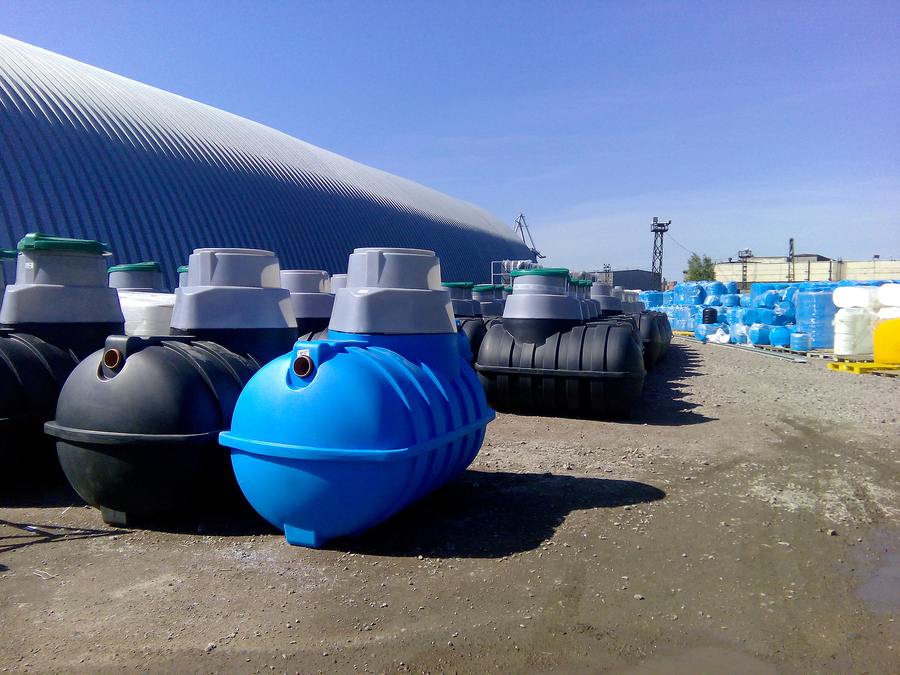
01
Septic tanks play a crucial role in managing household wastewater for millions of homes around the world. Proper maintenance and choosing the right materials for septic tanks are essential to ensure their longevity and efficient functioning.
Concrete septic tanks are among the most widely used and traditional options for wastewater treatment. These tanks are durable and long-lasting, with an average lifespan of 30 to 40 years if maintained properly. They are capable of withstanding external pressure and are relatively resistant to damage from tree roots. Concrete septic tanks are ideal for heavy clay or wet soil conditions, as they provide a stable base. However, they may be susceptible to cracks over time, leading to leakage issues. Regular septic tank pumping and inspections by a professional septic company can help identify and address any problems before they worsen.
Plastic septic tanks have gained popularity due to their lightweight nature and ease of transportation and installation. Made from high-density polyethylene, these tanks are resistant to rust and corrosion, ensuring a longer lifespan compared to traditional concrete tanks. Plastic septic tanks are also less prone to cracking, lessening the need for septic tank repair. Homeowners may prefer plastic tanks due to their cost-effectiveness and simple maintenance. However, periodic inspections and septic tank pumping remain crucial to prevent any blockages or buildup that could affect their functionality.
Fiberglass septic tanks offer a middle ground between concrete and plastic tanks. They are lightweight like plastic tanks but have the added benefit of being highly resistant to corrosion and rust. This characteristic makes them a durable choice that can last for several decades. Additionally, fiberglass tanks are relatively easy to install and do not require heavy machinery. Homeowners should still consult a septic tank installation expert to ensure proper placement and adherence to local regulations.
Steel septic tanks are less common than other materials due to their susceptibility to rust and corrosion over time. While they are sturdy and may last for several decades, their maintenance requirements are higher compared to other materials. Homeowners with steel septic tanks should pay close attention to signs of rust and undertake regular septic tank pumping to prevent solid waste from causing blockages and further corrosion. In regions with acidic soil, steel tanks may not be the best option, as the acidic environment can accelerate rusting.
To enhance the durability of concrete septic tanks and lessen potential cracking issues, some manufacturers offer concrete tanks with a plastic or fiberglass coating. This coating provides an extra layer of protection against corrosion and may extend the tank's lifespan. Homeowners considering this option should consult with Charlotte Septic Pros to ensure proper application of the coating.
The choice of septic tank material depends on various factors, including soil conditions, budget, and local regulations. Concrete, plastic, fiberglass, and coated concrete tanks are the most common types available, each with their unique benefits and considerations during septic tank repair and septic tank installation. Regular maintenance and inspections by a reputable septic company are vital to maximize the lifespan and efficiency of the septic system, regardless of the chosen tank material. Investing in the right septic tank and proper care can ensure lifelong health for your septic tank.
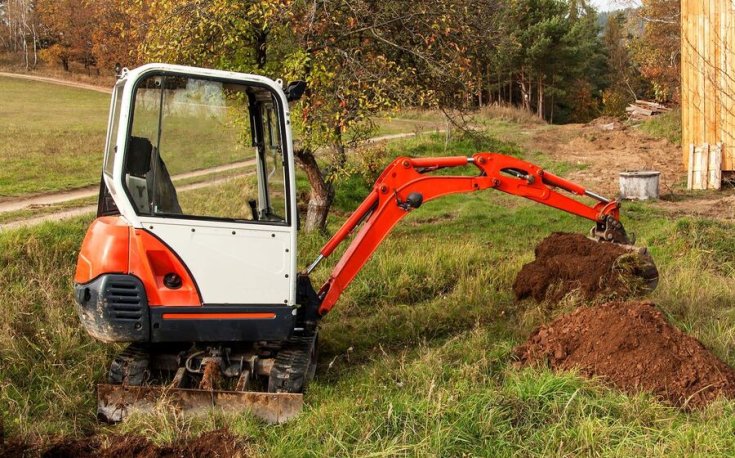
26
Choosing the Right Septic System Drain Field Expert When it comes to your home’s septic system, the drain field plays…
Read more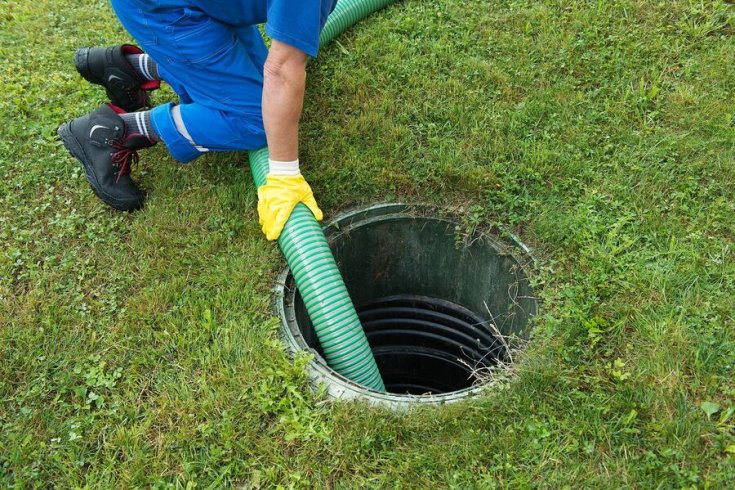
18
Reliable and Affordable Septic Services A properly functioning septic system is essential for any home or business that relies on…
Read more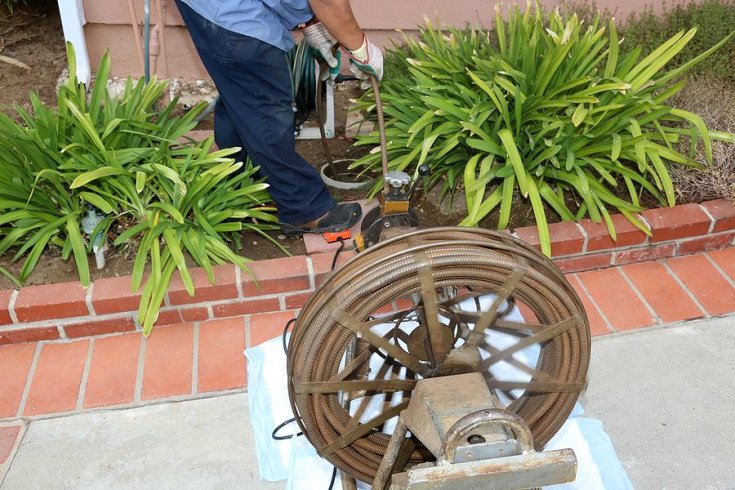
09
Signs and Solutions for a Failing Drain Field Your septic system plays a critical role in managing household wastewater, and…
Read more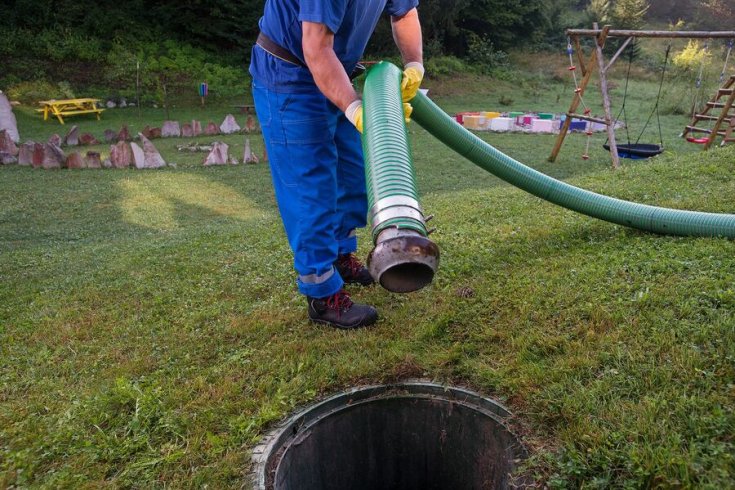
03
A Newbie’s Guide to Septic Pumping If you’re new to homeownership and have a septic system, you might be wondering…
Read more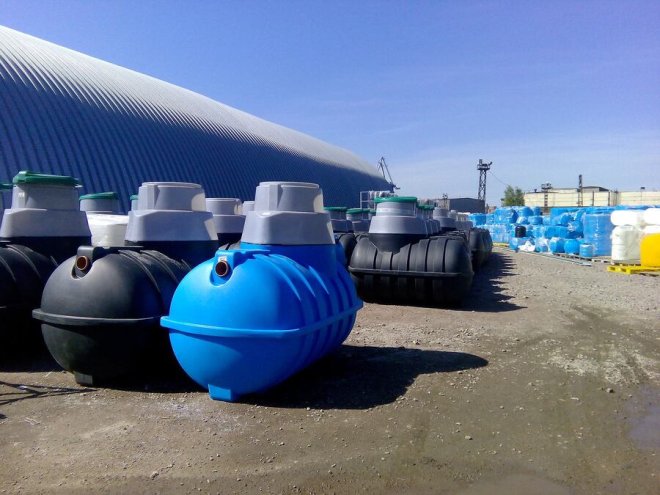
28
How to Prepare for Septic System Installation Installing a septic system is a major investment for any property that lacks…
Read more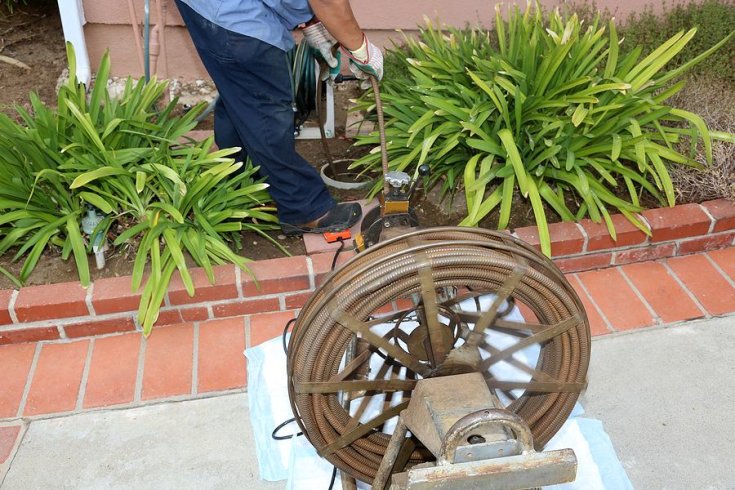
20
How Main Drain Cleaning Can Prevent Sewer Backups Sewer backups are one of the most unpleasant plumbing emergencies homeowners can…
Read more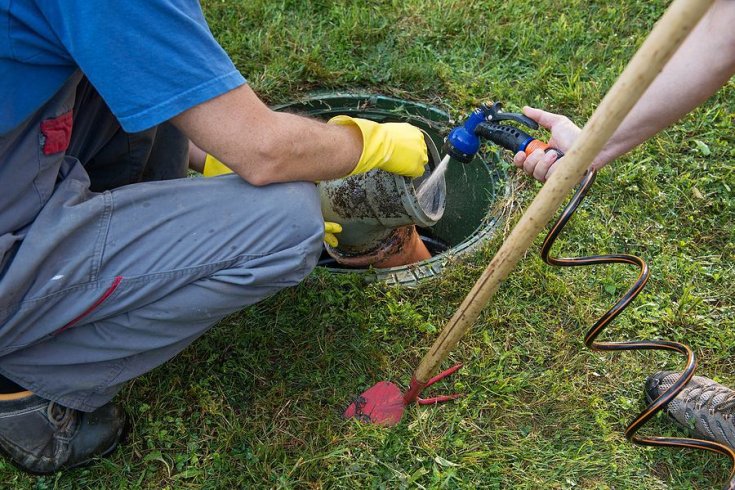
13
What to Do When You Have Drainage Problems Drainage problems can be frustrating and cause serious damage if left untreated.…
Read more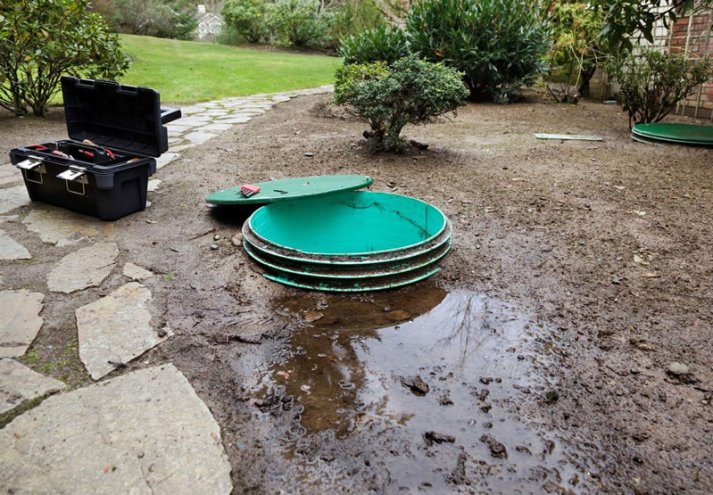
04
Signs and Causes of Septic Leaks A leaking septic system can pose serious health and environmental risks. If left untreated,…
Read more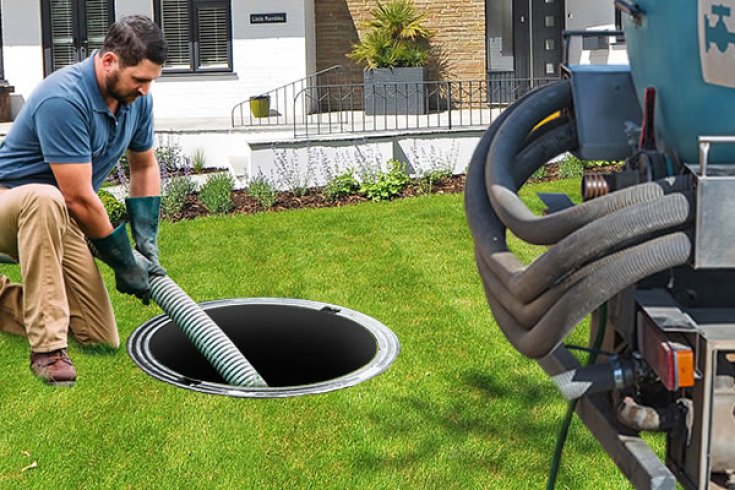
02
Unusual Septic Tank Blockages: Keeping Your Septic System Healthy A properly functioning septic system is crucial for any home or…
Read more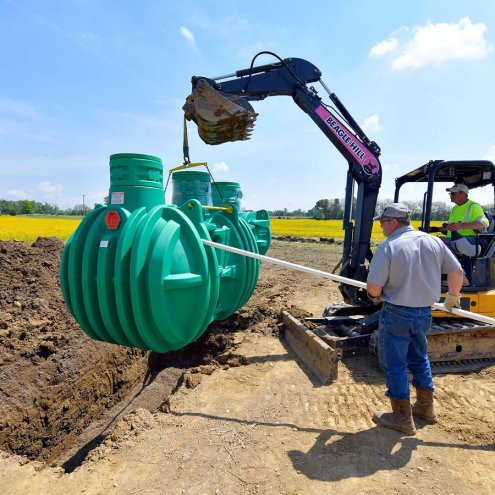
23
Seasonal Weather and Septic Systems Tank Your septic system plays a vital role in managing household wastewater, but seasonal weather…
Read more